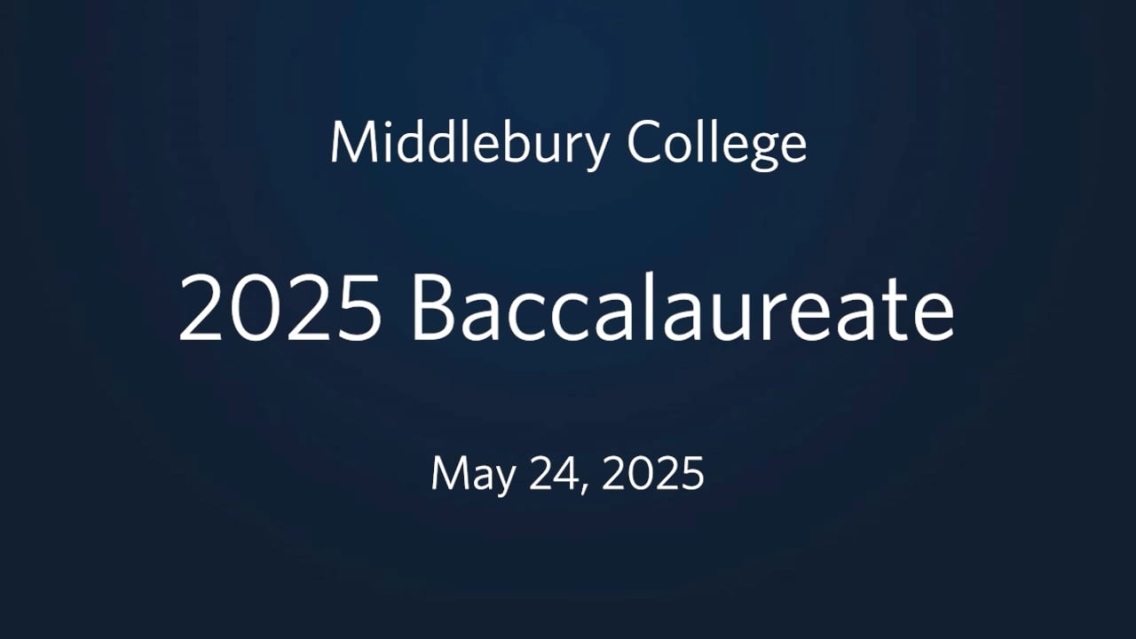Baccalaureate
President Ian Baucom will address the senior class. All are welcome to attend. Seating is available on a first-come, first-served basis. Seating will begin at 1:00 p.m. and conclude at 2:00 p.m. to allow staff to prepare for the ceremony.
A live broadcast will be available in Wilson Hall, located in the McCullough Student Center. The chapel is not air-conditioned; however, Wilson Hall features cushioned seating and air conditioning.
A livestream link to the Baccalaureate service will be available on this page on the day of the service.

